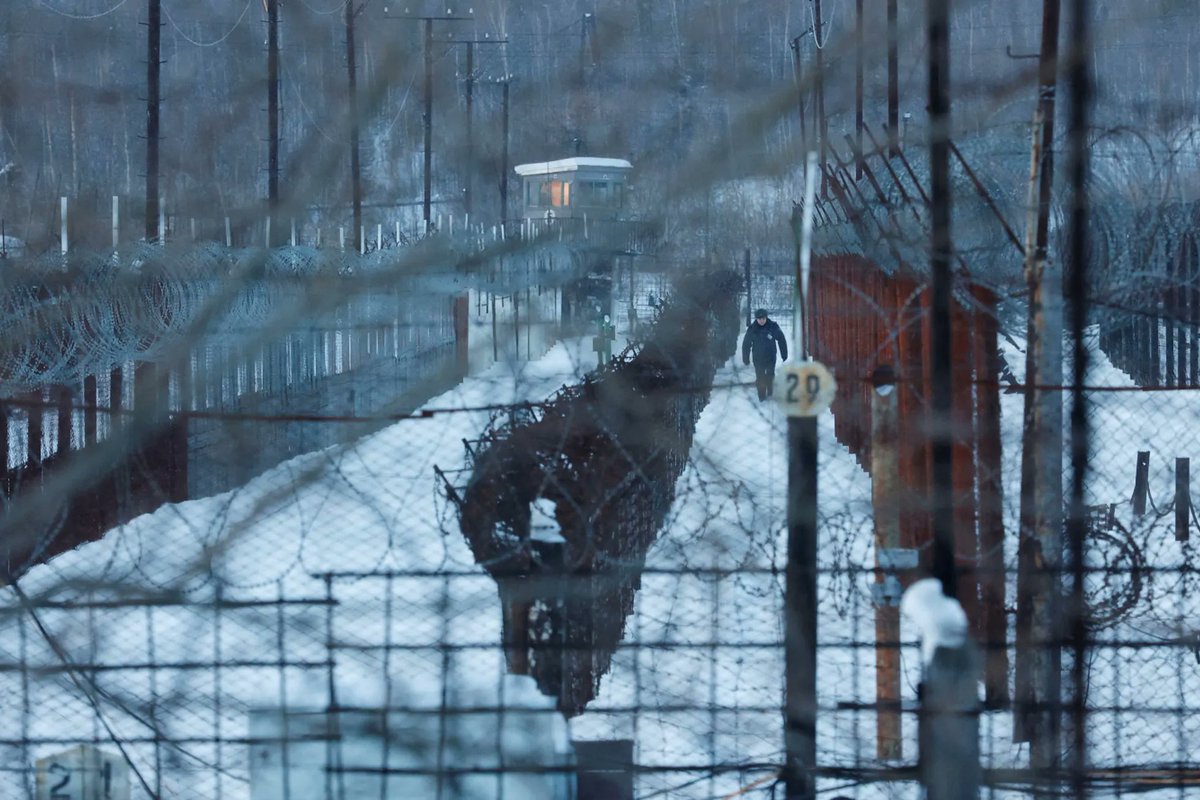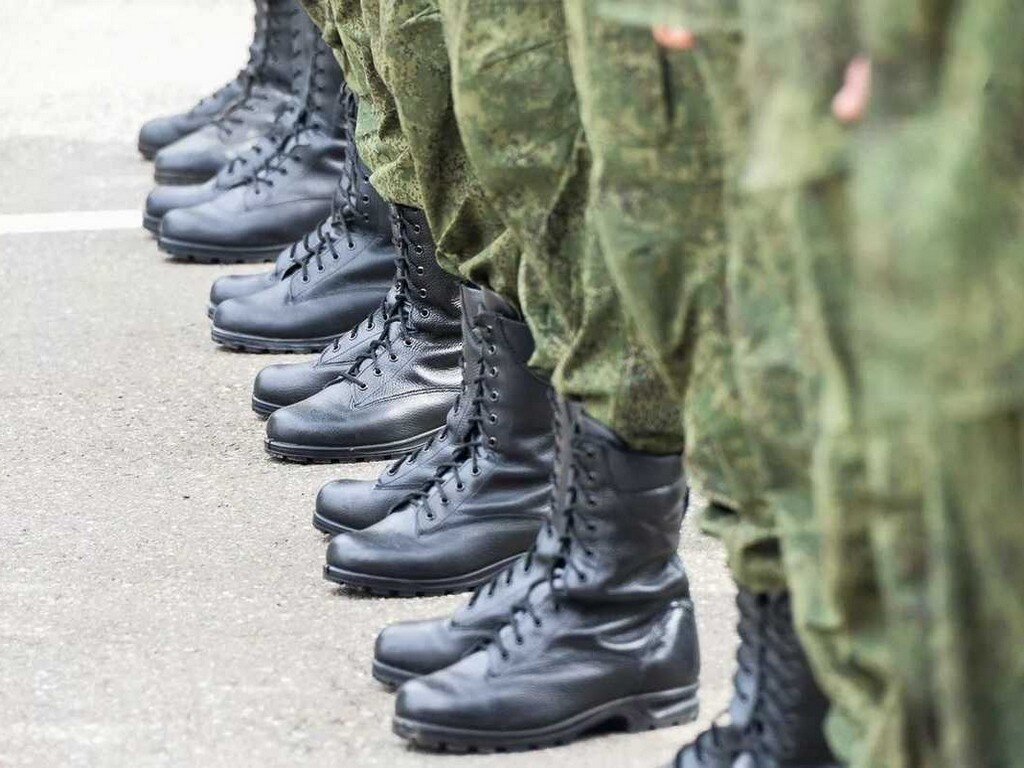On Friday, @navalny died (most probably killed) in prison. This is a good time to discuss the prospects of Russian opposition and the future transition of political power, once Putin is gone. This is also a good occasion to debunk some pervasive myths on the mechanics of power🧵 

First, getting rid of @navalny was probably a correct decision on behalf of Kremlin. Execution of this murder may have been suboptimal (unprofessional, etc.). But the very idea to eliminate him was reasonable and makes total sense. There is nothing crazy or irrational about it
This remark may sound as cynical or paradoxical. So let me present you another paradox, which is yet to be fully processed by the political theorists. And the paradox is:
Bloody tyrants rule longer
The Russian history may possibly demonstrate this better than any other

Bloody tyrants rule longer
The Russian history may possibly demonstrate this better than any other


Ivan the Terrible's rule was a demographic and socio-economic catastrophe. By the end of his rule, tax documents draw a picture of desolation. Entire regions devastated, farmland grown with thick forest. Regime stands as a rock 💪
50 years reign 👑
Nobody ever ruled longer 😎
50 years reign 👑
Nobody ever ruled longer 😎

If Ivan the Terrible ruled longer than any other Tsar, Stalin ruled longer than any other dictator. 26 years of reign. The longest non hereditary rule in Russian history.
That is absolutely amazing. He did something right
What that could be?
That is absolutely amazing. He did something right
What that could be?

This is a very interesting paradox. The very same rulers dismissed as bloody maniacs, as crazy, paranoid people have actually ruled longer than anyone. So, were they that crazy after all?

Let me introduce you one basic concept necessary for the further discussion
The Kronos Principle
To keep the power you must eliminate competition. Best of all, you must eliminate competitors preventively, before they could ever challenge you. Just like the Good Old Kronos did
The Kronos Principle
To keep the power you must eliminate competition. Best of all, you must eliminate competitors preventively, before they could ever challenge you. Just like the Good Old Kronos did

Once again, the Kronos Principle doesn't suggest you must eliminate those who already challenge you. That goes without saying. It suggests you must eliminate those who might potentially challenge you in the future. Eliminate even the possibility of a successful competition

When you Kronosmax, you weed out the seeds of a potential competition (and growth). And you must Kronosmax to stay in charge in longer. That is why optimising for the length of rule you necessarily degrade the society/institution you happen to lead
Long rule = Kronosmaxer
Long rule = Kronosmaxer

If you have been overthrown, you were probably not kicking the ladders away hard enough
And vice versa, if you were kicking them carefully & attentively, you will probably never ever be ousted out
Eliminating the competition is reasonable, rational and makes total sense
And vice versa, if you were kicking them carefully & attentively, you will probably never ever be ousted out
Eliminating the competition is reasonable, rational and makes total sense

So once again, eliminating a threat is not crazy. To the contrary, that means that the ruler is sane, ruthless and willing to do what is necessary to guard his power for as long as possible
The real question is who are these competitors? How to identify and prioritise them
The real question is who are these competitors? How to identify and prioritise them

Navalny being kept alive for so long suggests that taking him out was relatively deprioritised. Which means that neither support of the West, nor sympathies of the urban youth counted much in the eyes of Kremlin
You can't do a coup with the urban youth
(or support of the West)
You can't do a coup with the urban youth
(or support of the West)

Don't take me wrong, I respect those who protest. I just point out that the people can never win against the army. Like, if I were to make up a stupid idea, I couldn't come up with anything stupider than that
If you don't believe me, consult the recent footages from Levant
If you don't believe me, consult the recent footages from Levant

That's why Prigozhin could not be kept alive for long. He harnessed a very dangerous energy: the discontent of boots. What was scary about his revolt, is the very wide sympathy, non resistance or even active collaboration by much of the military, including the elite troops

Urban youth is not scary
Western support is not too scary either
The Boots are extremely scary
95% of your concern must be how to prevent any potential or hypothetical threat from the Boots. Because all the other threats are made up
Western support is not too scary either
The Boots are extremely scary
95% of your concern must be how to prevent any potential or hypothetical threat from the Boots. Because all the other threats are made up

The "Opposition" is toothless and inconsequential. The central political problem of Russia is how to keep the Boots down. It is very important to fully interiorize that the Boots present the only external threat to the regime. For that reason, they have to be kept very, very low
Preventing the Bonabartism of the military has been the central concern of Kremlin through the entire Soviet to Russian era. Again, all the other threats are largely made up. The Rise of the Boots, however, is real. It took extreme effort to prevent it from materializing

Keeping the power requires eliminating the threats, both external or internal. Now what makes one dangerous is not so much an intention as the capacity. For this reason, if I were to name a particular personality I see as in potential danger, that would be Dmitry Medvedev 

As a person of above average intelligence, Medvedev sees this and self eliminates himself preventively. That is a smart thing to do. Reputational self damage made him less of a threat -> allowed him to live. I wonder whether this little trick will suffice in the future
The end
The end

• • •
Missing some Tweet in this thread? You can try to
force a refresh





